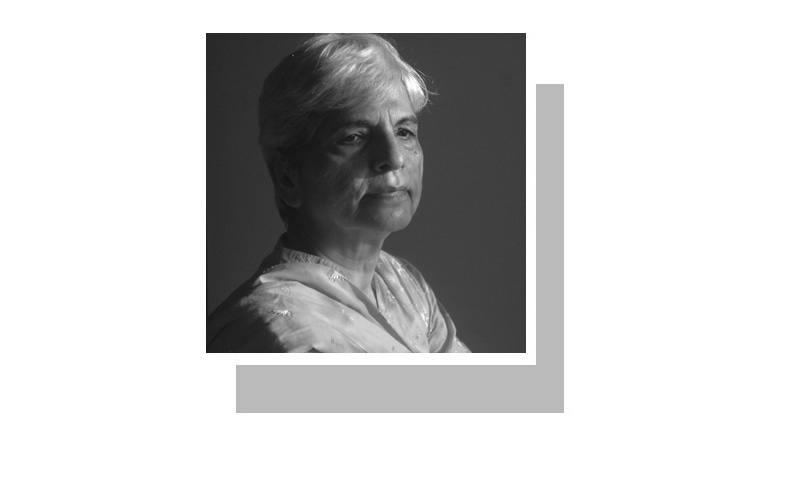
ONE of the promises which every government that comes into office in Pakistan holds out to the people is that it will end load-shedding. Deadlines are announced but not met. Waiting for uninterrupted power supply from the grid is like waiting for Godot.
The government continues to reiterate its pledge to provide sustainable, affordable and reliable electricity to the people and hopes to add 10,400 megawatts to the national grid by 2017. Will it? The circular debt keeps mounting and the promised level playing field is nowhere in sight. Heavy load-shedding continues to be the lot of the low-income areas.
Power shortage has a human dimension. First, people denied a steady supply of electricity have a poor quality of life and their health suffers badly. Second, this gravely affects their productivity.
A mother of eight describes solar energy as peace that shrouds her.
The development sector has finally come to realise that electricity is not a luxury but a necessity.
It is also not as costly to generate and supply as is made out to be. Only if our rulers were to stop aiming for grandiose projects, they could make substantial progress at a slow but steady pace. It is a different matter that a modest approach would not give our leaders huge funds to embezzle. When put to honest use, small amounts for small projects may be more practical to generate and manage.
In this context I often think of Ghulam Kibria, the founder chairman of the Appropriate Technology Development Organisation, who was a strong advocate of Schumacher’s dictum ‘small is beautiful’. He would tell me that technology can be a boon only if it is appropriate for local conditions and culture and is feasible, sustainable and affordable for all.
With Kibria’s sane advice ringing in my mind, I was excited to hear about the solar power project initiated by a local trust in Khairo Dero, which I have visited and found to be a promising model for rural development.
With temperatures soaring to 50-55 degrees Celsius in the interior of Sindh this summer, one would have to be a brute not to empathise with the people who have to brave a life of misery with only three hours of power supply from the national grid daily.
The head of the trust, managed to discover the solar panels technology at such a low cost as to make it affordable. For Rs20,000 a household can be provided with a kit comprising a solar panel, a ceiling fan, a pedestal fan, two light bulbs and a battery for night-time use.
Donors were found for 76 households each of which was required to pay Rs2,500. Families from every community were selected for the first round of beneficiaries. Some were headed by landless tillers and labourers working on daily wages. Others had no breadwinner. Households with many children were also given priority to protect the young ones from many diseases.
Those who have benefited are, as could be expected, delighted. For Gadehi, a farmer living in a thatched hut, the cool comfort of a fan on his return from a hard day’s work in the fields is ‘wealth’ he had never imagined.
Gulzar Channa, a widowed mother of eight, describes her solar energy as peace that shrouds her as she can have a restful sleep without worrying about mosquitoes and malaria and their effect on the family’s health.
The solar project has a philosophy behind it. It is not just an act of charity to help the disadvantaged. It seeks to empower them. Its economic and health benefits may not appear to be as tangible as many may wish them to be. But the positive long-term impact is bound to be felt. Even a good night’s sleep is refreshing and, as Gadehi puts it, makes a person ready for a hard day’s work — or studies in the case of children. When Gulzar speaks of the peace which envelops her she is obviously referring to an improvement in her mental health. All this will translate into economic productivity and reduction of violence in society.
The trust’s methodology also has something to teach us. Its core principle, I am told, is community participation. “We insist on this in every project because it creates a sense of ownership in the asset, while inculcating a spirit of self-help and pride in the members of the community,” I am informed. That is why a beneficiary of the solar kit contributes 15 per cent of the cost. Thus the sense of doing something to improve one’s own life and not living on charity is generated.
This is important in a society which experiences a lot of “mental helplessness born from decades of a hand-out culture”.
When 10 families contribute Rs2,500 each they help to create funds for solar kits for one more family without the intervention of an outside donor.
This is self-help and dignity.
Published in Dawn, August 19th, 2016











































